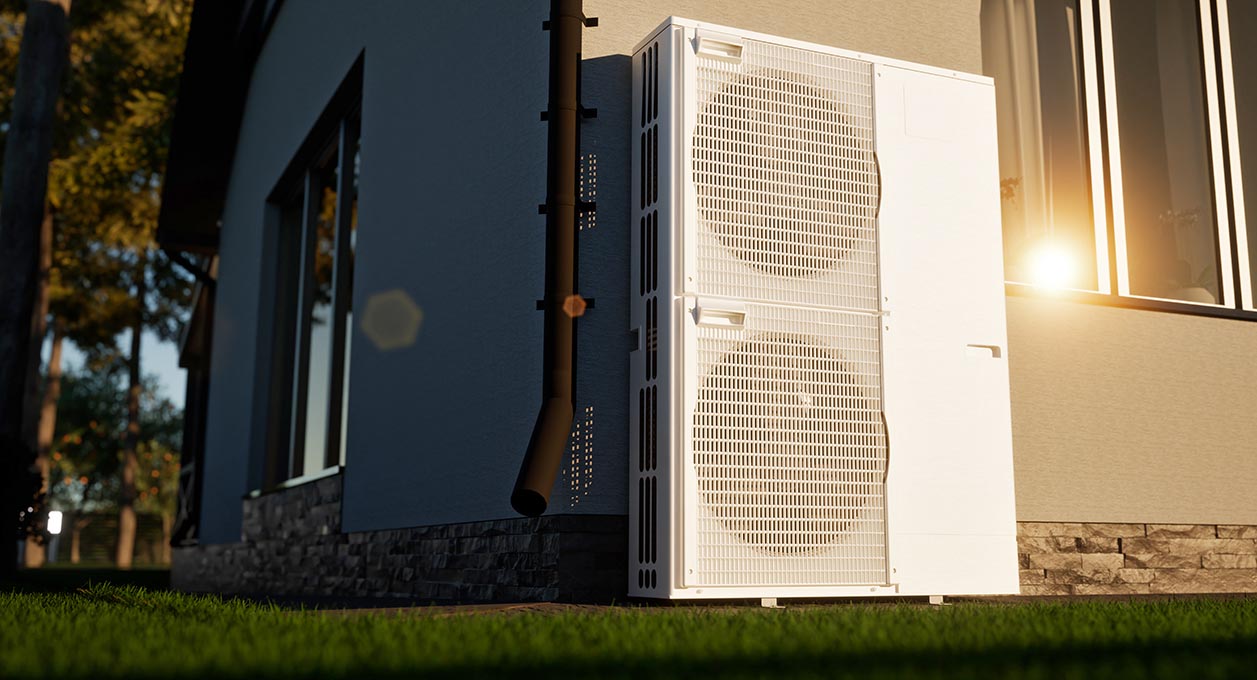In today’s environmentally conscious world, energy efficiency in heating, cooling, and refrigeration systems is more critical than ever.
Two key metrics used to assess the efficiency of such systems are the Coefficient of Performance (COP) and the Seasonal Coefficient of Performance (SCOP).
Understanding these measures can help consumers make informed decisions about the technologies they use in their homes and businesses, impacting both economic and environmental outcomes.
Understanding Coefficient of Performance (COP)
The Coefficient of Performance is a basic metric for evaluating the efficiency of heating, cooling, and refrigeration appliances like heat pumps and air conditioners.
It measures the ratio of proper heating or cooling provided to the energy consumed by the system. Simply put, it indicates how many units of heat or cold are produced for every unit of electrical energy used.
Mathematically, this is defined as the quotient of the heat output (in heating mode) or cooling output (in cooling mode) divided by the electrical energy input:
For example, a heat pump with a COP of 5 generates five units of heat for every unit of electricity it consumes, making it more efficient than a unit with 2.5.
The higher the number, the greater the system’s efficiency, which translates into lower operating costs and reduced environmental impact due to decreased energy consumption.
Seasonal Coefficient of Performance (SCOP)
While COP provides a snapshot of a system’s efficiency under specific conditions, it doesn’t account for the variations in climate and operating modes over different seasons. This is where SCOP comes into play.
SCOP represents a more holistic measure of a system’s efficiency over a complete heating or cooling season, taking into account fluctuations in temperature and other environmental factors.
SCOP is particularly relevant for devices like heat pumps, which operate under varying conditions throughout the year.
It provides a more realistic measure of a system’s performance, reflecting its efficiency across various operational scenarios rather than just at a fixed point.
This makes it an invaluable metric for assessing the true energy efficiency of heating and cooling systems in seasonal climates.
Why COP and SCOP are Important
The significance extends beyond mere technical measurements. Here are several reasons why these metrics are crucial:
- Energy Savings: Systems with higher ratings use less energy to achieve the same level of temperature control. This directly translates into lower electricity bills, making energy-efficient systems economically beneficial in the long run.
- Environmental Impact: Energy efficiency is closely tied to environmental sustainability. Using less energy, high-efficiency systems reduce greenhouse gas emissions and other pollutants associated with electricity production from fossil fuels. This contributes to the fight against climate change and helps achieve various environmental conservation goals.
- Regulatory Compliance and Incentives: Many countries have established regulations that require specific energy efficiency standards to be met. Systems with higher COP and SCOP values often comply with these stricter regulations. Additionally, numerous government incentives, such as rebates and tax credits, are available to adopt high-efficiency systems, making them more attractive to consumers and businesses alike.
- Long-Term Cost Effectiveness: Although high-efficiency systems might come with a higher upfront cost, their long-term savings on energy bills can offset the initial investment. By prioritizing systems with superior ratings, consumers can achieve more significant cost savings over the appliance’s lifespan.
Conclusion
COP and SCOP are more than just numbers on a specification sheet. They are integral to understanding the energy efficiency of heating and cooling systems, guiding consumers towards making choices that are both economically and environmentally responsible.
As technology advances and environmental regulations become stricter, the importance of these efficiency metrics is set to grow, influencing global energy consumption patterns and sustainability efforts.
See more about Heat Pumps on Skill Builder
FURTHER READING
Heat Pump Systems – energy.gov/energysaver/heat-pump-systems





